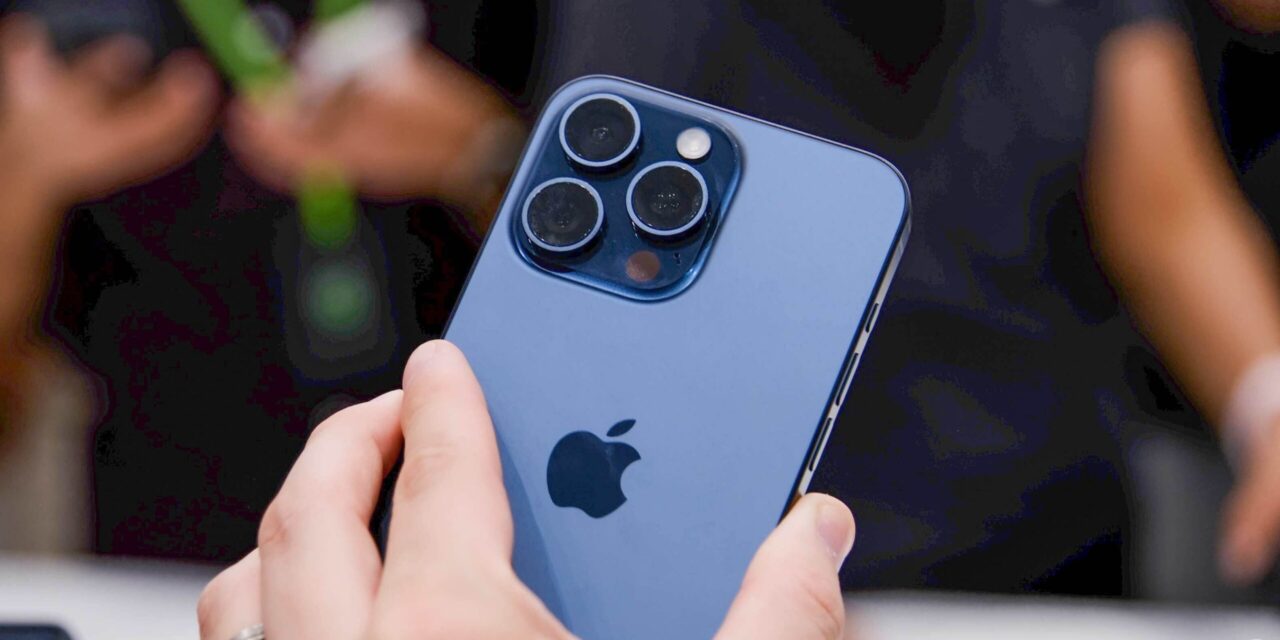After two years of the original AirPods, you would think that the second-generation model will be easier to repair whereas in fact the new earbuds are some of the most disposable products repair wizards at iFixit have ever seen.
We have some bad news
Let’s start with the bad first.
We were on cloud nine after tearing down Samsung’s Galaxy Buds, which proved that wireless earbuds can, in fact, be repairable. But dissecting the new AirPods felt like teardown déjà vu, requiring the same kind of brute force destruction that we used on Apple’s initial version two years ago.
Sure, these have fancy new H1 chips, but they’re still destined for the e-waste bin in a short time, leaving us feeling like Apple upgraded the wrong thing.
iFixit was “sad” to issue another zero out of ten, the same lowest repairability score that the renowned repair wizards gave to the original AirPods.

As for Samsung’s Galaxy Buds, iFixit found them to be surprisingly repairable: not only are they not held together by gobs of glue, but actually contain replaceable batteries—good enough for a repairability score of 6 out of 10.
AirPods
AirPods 2 have a new model numbers: A2031 (left ear) and A2032 (right ear). The original earbuds are also individually labeled with separate model numbers: A1722 (left) and A1523 (right).
They still weigh in at 4 grams (0.14 oz) each like the originals and while the new charging case is now 2.3 grams heavier at 40 grams (1.41 oz) versus the original charging case that weighs in at 38 grams (1.34 oz).
The difference in case weight translates to about the weight of a US penny.

Each bud has a 93 milliwatt hour battery, just like before.
“That’s less than half the capacity of the coin-cell batteries in Samsung’s Galaxy buds,” iFixit wrote. “We’re curious to see what will be powering the rumored Powerbeats Pro, but we’ll have to wait for that comparison.”
Most innovations in the new AirPods are attributed to Apple’s new H1 headphone chip (labeled Apple 343S00289), an enhanced and more power-friendly version of the W-series chips in the original AirPods, some Beats headphones and Apple Watches.
The H1 makes possible Hey Siri and brings Bluetooth 5 connectivity that enables two times faster speed and four times the range. Thanks to the chip design and Bluetooth 5, you’ll notice faster switching between devices and improved connection reliability.

It’s important to note that you won’t see any Bluetooth 5 benefits unless your new AirPods are paired with a device that supports Bluetooth 5. All iPhones from iPhone 8 onward support Bluetooth 5.0, as do the 2018 iPad Pro models and the 2018 Mac mini.
The 2018 MacBook Air and MacBook Pro models, in addition to iMac, iMac Pro, Mac Pro, as well as the 2019 iPad Air and iPad mini 5, all use an older Bluetooth standard. In other words, using your AirPods with those devices will not yield the aforementioned Bluetooth 5 benefits.
Wireless charging case
As for the charging case (model number A1938 vs. the original case model. number A1602), it still has that fancy dental floss look.

Inside the top flop, iFixit found the no wheelie bin icon which indicates that the earbuds are not to be thrown away in two years when the batteries start to fail.
Slicing the case open revealed several internal changes:
- Wireless charging coil: The wireless charging coil is obviously a brand new component in the Qi-enabled charging case.
- LED light: The LED status light has been relocated to the case’s front. On the original earbud, the status light sits between the spaces in the case for the earbuds.
- Hinge: The machined metal hinge is a bit beefier and appears a lot sturdier compared to the last generation’s.
- Circuit board: The circuit board is blanketed with a waterproof coating.
For those wondering, the case battery (model A1596) is the exact same 398 mAh cell (at 3.81 V and 398 mAh, for 1.52 Wh) found in the first-generation case. iFixit notes that the case’s battery is still fifty percent bigger than the one in the Galaxy Buds case (1.03 Wh) and also more than the 1.113 Wh cell found in the 42mm Apple Watch Series 4.

It remains to be seen whether these enhancements will improve durability of the charging case. The hope here is that enhanced hinge design will result in fewer failures. The case is still problematic to service, however.

“This updated case seems designed for increased durability, but not repairability,” said iFixit. “That beefier hinge and water-repellent coating on the board probably makes for fewer failures—hopefully way fewer, because the rest of this thing is still a hot mess to service.”
Wrapping it all up
Taking it all in, iFixit has found that AirPods are still “disappointingly disposable”. Another problem is that the tiny batteries are not replaceable and they will degrade over time, make no mistake about that. Owners of the original model started complaining about diminishing battery capacity in their second year.

Apple provides a battery replacement service, but the fees are exorbitant at $69 for a single out-of-warranty earbud battery replacement (the case battery is another $69).
For the ultimate comparison of all the differences, be sure to check out iFixit’s teardown of the original AirPods, the second-generation AirPods and Samsung’s Galaxy Buds.






Recent Comments